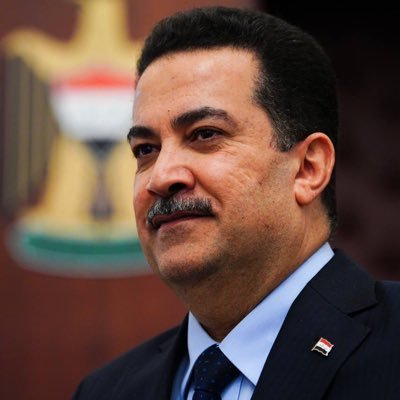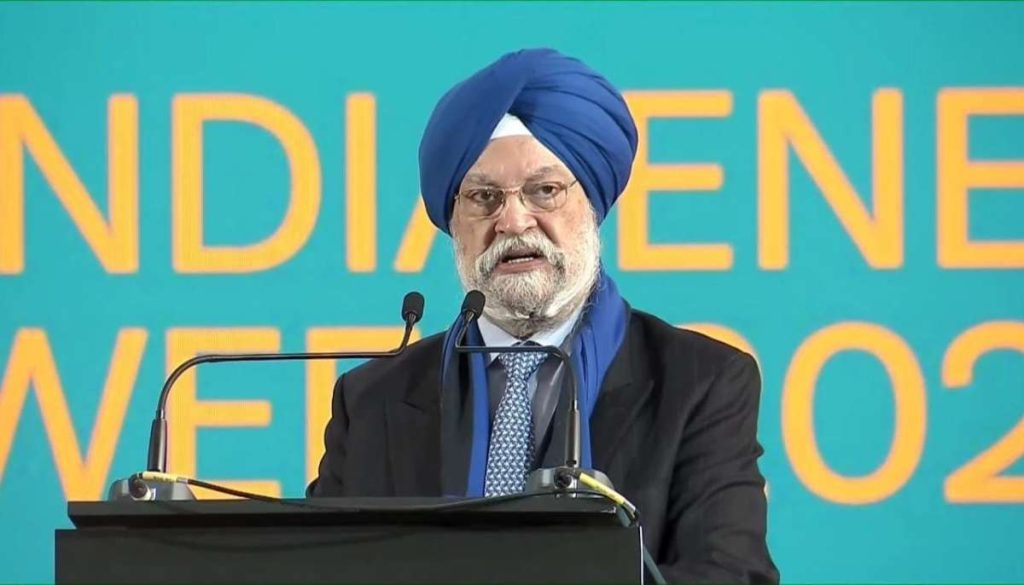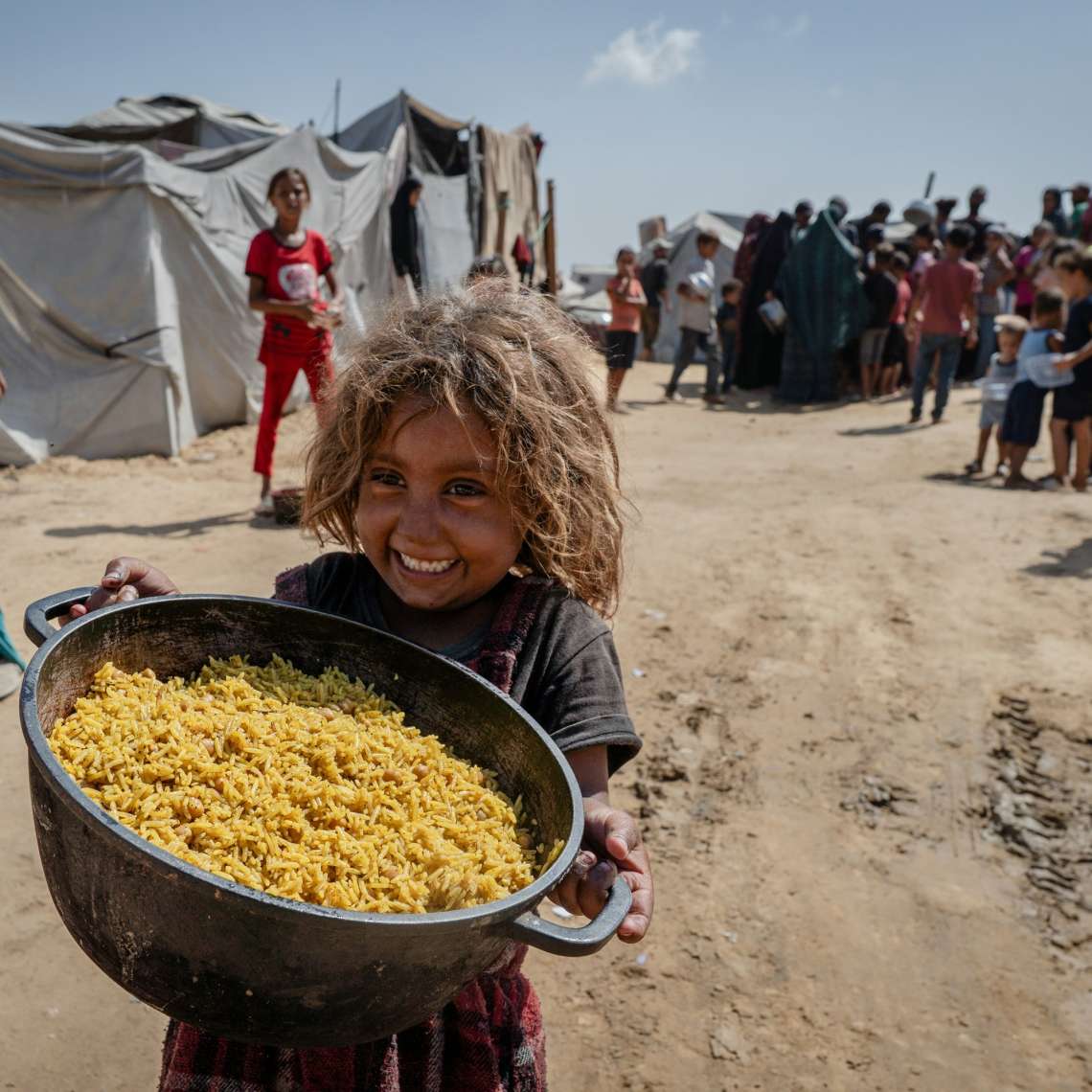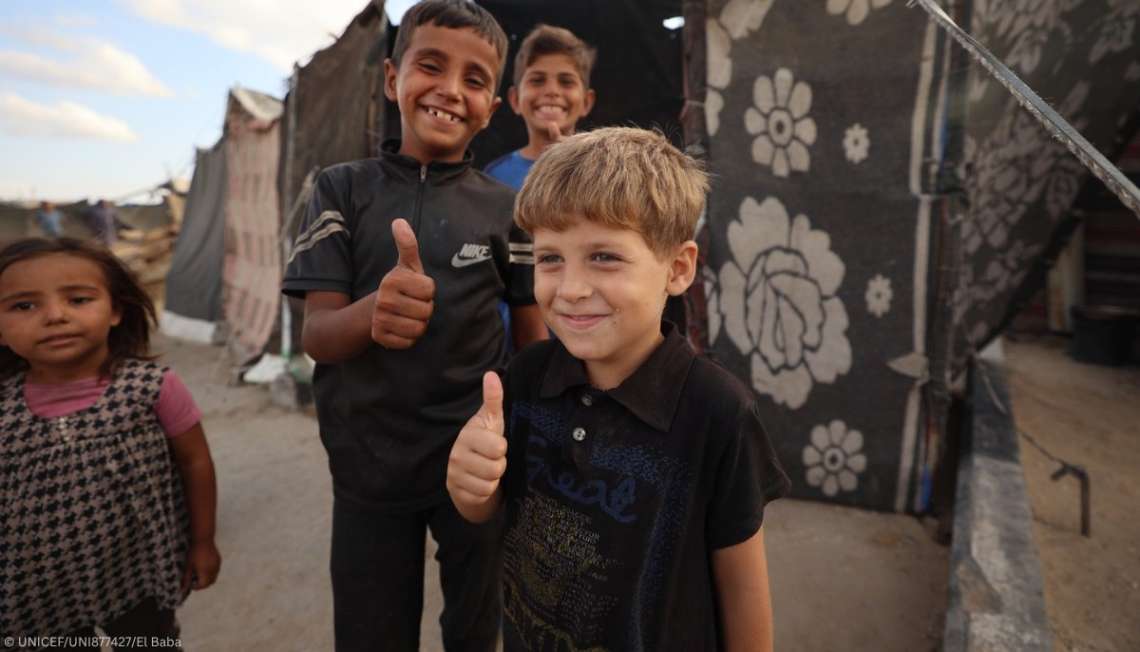The protests have now been four weeks old and there is no sign of abatement. In fact, frustration and anger is propelling even more people to join the swelling protests .., writes Dr Sakariya Kareem
Widespread protests and anger is sweeping across the mountains and valleys of Gilgit Baltistan over Pakistan’s government’s myopic decisions which have made life hell for the people of this otherwise beautiful region in the Himalayas. So deep is the frustration among the people that many are crying to become Indians!
The immediate trigger for the popular uprising is the rising prices of wheat, the basic survival food which has been short in supply in the past two years. The government’s decision to raise the price of wheat frequently has made the hardship even more difficult to endure.
The protests began in trickle with men, women and children coming out into the streets, demanding wheat at a reasonable price. As the government pushed the prices higher, more and more people poured out into the streets, building a wave of protests across the mountainous region. From Skardu, the capital city of Gilgit Baltistan, the marching, protesting crowds emerged in other districts– Diamer, Hunza, Ghizer, Ghanche and Nagar. Fearing trouble, the Gilgit administration banned demonstrations for three months but the decision was challenged by lawyers in the Chief Court, who called the ban illegal.
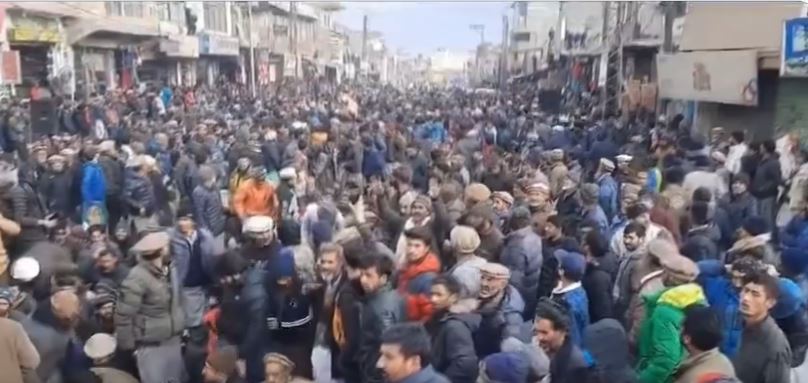
The protests have now been four weeks old and there is no sign of abatement. Frustration and anger are propelling even more people to join the swelling protests. Quite like the Baloch people across the country. The local administration has failed to convince the people to withdraw their protests till the February 8 elections. The politicians have been promising to put up their demands before the new government, hopefully next month. But people have no faith in such assurances. The government and politicians have been selling them these promises for years.
What has irked the people this time has been a series of unilateral decisions taken by the Islamabad government without considering the widely prevalent poverty and misrule in the region. Prime Minister Zulfiqar Ali Bhutto had given subsidies in the prices of wheat, oil, airline tickets and some other essential items owing to poverty and the disputed nature of the territory. India stakes a claim over the region as part of Kashmir. Except for wheat, these subsidies were subsequently withdrawn. When the final subsidy on wheat was withdrawn, people could not take it any more.
The protest over wheat subsidy was fuelled further by additional demands of the abolishment of taxes, end to frequent power breakdowns and unilateral exploitation of the region’s natural and mineral resources. Similar demands had forced people to protest in 2022 but the administration’s failure to resolve these problems has pushed the people to come out into the streets again.
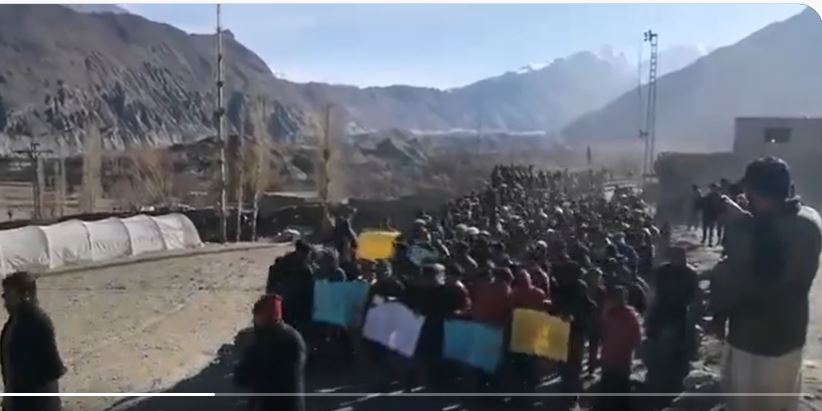
The crux of the problem lies in the nature of administration. The area is administrated by the federal government in Islamabad. The army has a key role to play in security, land and transition matters. The Finance Act, 2023, was passed to generate revenue for GB through taxes and other mechanisms but the local population remains highly suspicious of the Islamabad government run in proxy by the army. People first want representation in the national legislature but Islamabad fears such a move could undo its position on Kashmir.
Power breakdowns have been a regular feature in the area forcing people to rely on firewood for heating and cooking, causing massive deforestation resulting in land erosion. Frequent power outages have also cut down employment and several self-employment opportunities in the area which has no access to good education and employment opportunities.
Perhaps the most enduring problem is over the natural resources. The local people demand a fair share in the revenue generated by the exploitation of mineral resources. Most of the mining contracts are given to big mine owners with close ties to the military. Even foreign companies including those from China, have been mining for precious minerals with hardly any benefit to the local communities. The army has also been usurping local lands for various military and CPEC projects, all of which have angered the local communities because such `land grabbing` spree undermines their traditional right of rule (haq-i-hakimiyat) and right to ownership (haq-i-milkiyat). What has made the matter worse is the hardline approach of the government towards protesters. The local leaders are being charged under draconian terrorism charges and locked up without any trial for long besides freezing their bank accounts and preventing them from travelling anywhere in the country. People remember the case of a well-known activist from Hunza Baba Jan. Although he was released by a local court, Baba Jan was sentenced to 71 years of imprisonment by an anti-terrorism court. People fear such a treatment would be meted out to leaders who are spearheading their just cause. Hence, turmoil in GB continues and people keep suffering for basic needs – a clear case of human rights violation.


